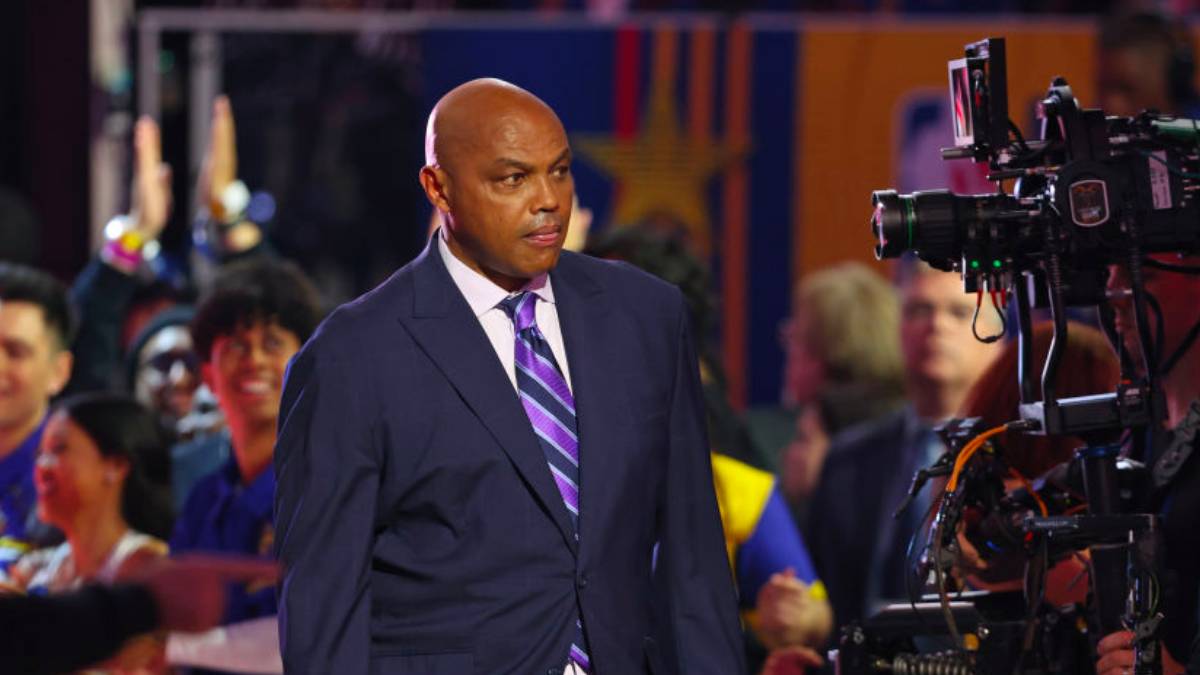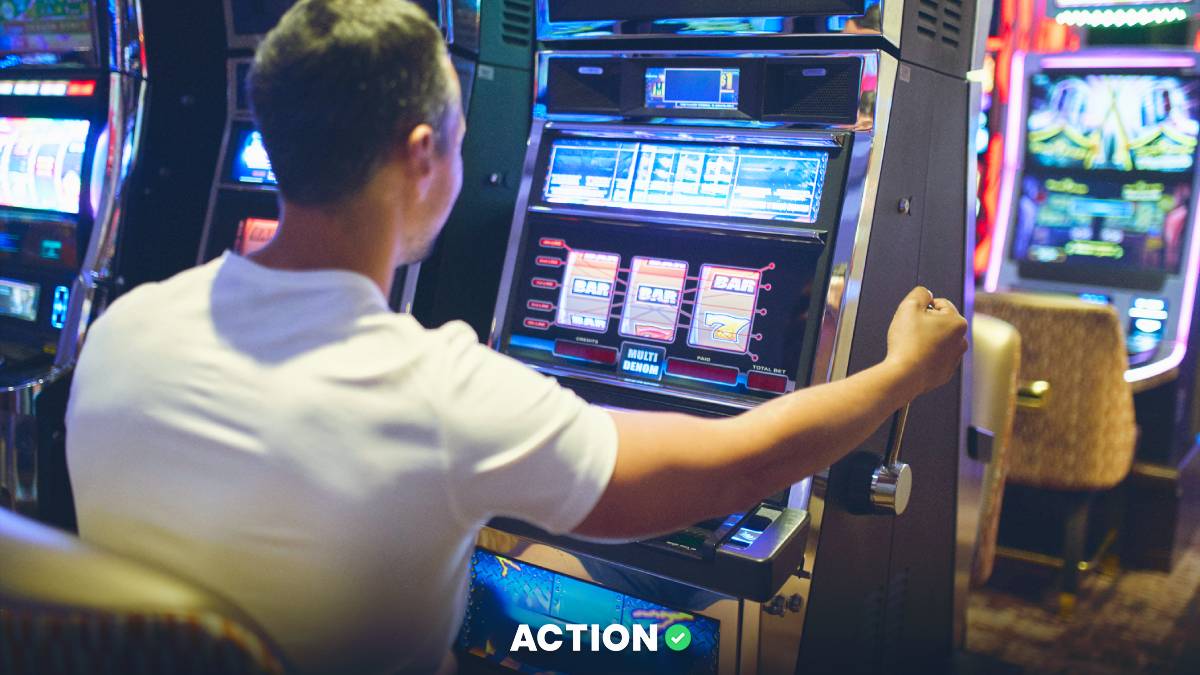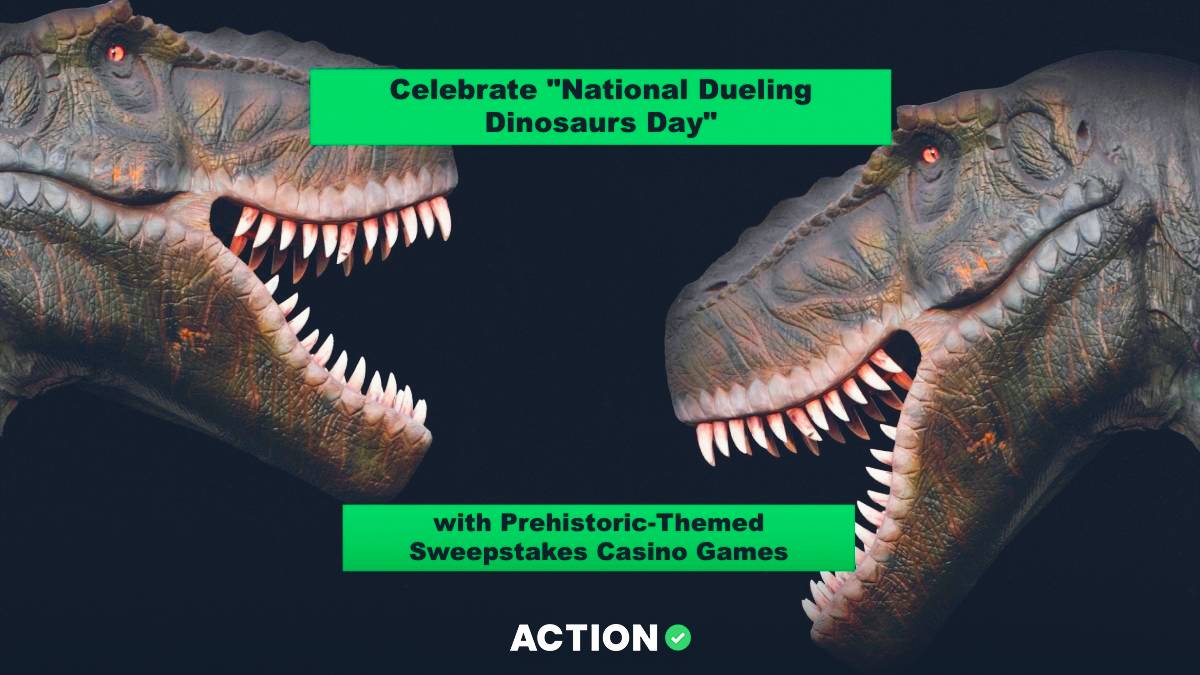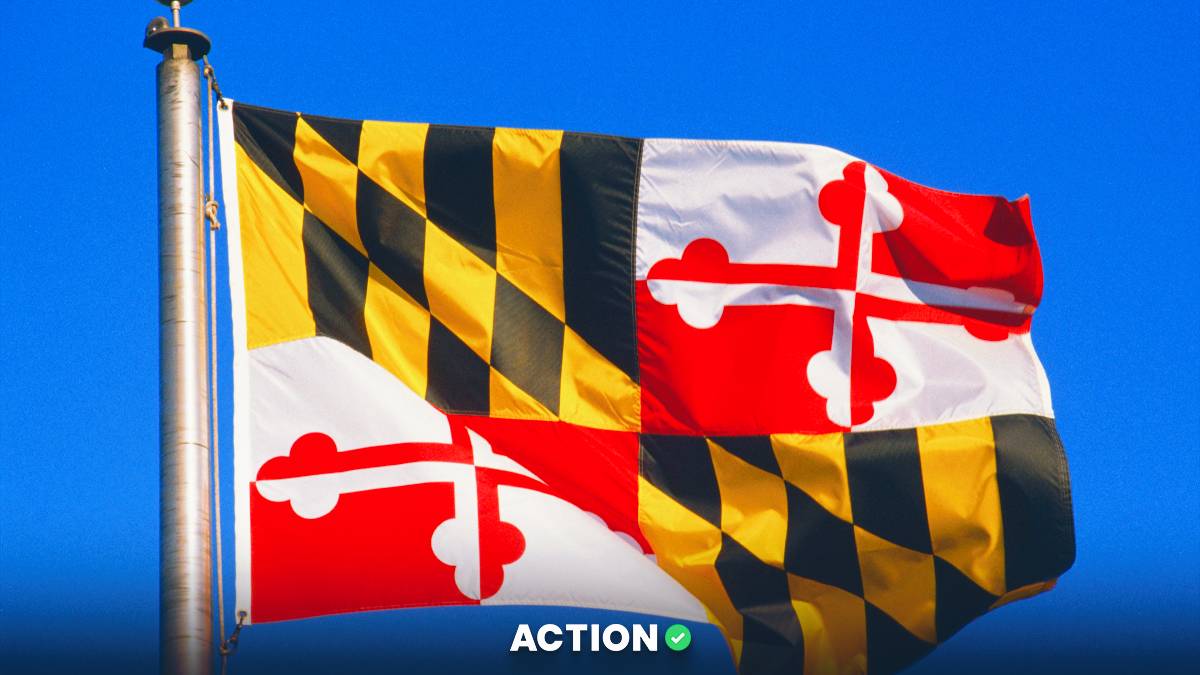The conversation about legalizing gambling in Alabama continues, especially this week, as State Senator Greg Albritton introduced new legislation for a lottery and gambling plan that includes several casinos.
Albritton's proposal consists of two bills: one calls for a constitutional amendment that voters would decide on September 16, while the other is a 141-page bill outlining the specifics of the plan.
So, what impact could this new legislation have on Alabama? And does it stand a chance of passing in the near future?
What Would the Alabama Gambling Bill Change?
The proposed bill would create the Alabama Gaming Commission, which would oversee the regulation, taxation, and licensing of all gaming activities in the state, including:
- The launching of a state lottery and the legalization of sports betting, along with introducing pari-mutuel betting, historical horse racing, and electronic bingo at six spots across Alabama.
- Enforcing a 24% tax rate on all gambling activities, with an additional 1% or 2% tax on sports bets, depending on the amount wagered.
- Anticipating collaboration with the Poarch Band of Creek Indians through a compact.
According to Albritton, regulating gambling is crucial because it's already rampant, and the state needs to boost revenue, especially amid economic uncertainty and declining federal funds.
Will the Alabama Gambling Bill Pass in 2025?
Though this is a more streamlined version of a previous plan that did well in the Alabama House, it has struggled to gain traction in the Senate. For the Senate to pass the bill, Senator Albritton needs to rally 21 votes.
It takes 21 votes in the 34-member Senate (there is one vacancy) to approve a constitutional amendment, which is needed for a gambling bill.
However, according to the Alabama Daily News, Senate President Pro Tem Garlan Gudger confirmed that there won't be a lottery and gambling bill in this legislative session.

Gudger noted that the draft bill Albritton proposed to his colleagues came too late in the session, with limited meeting days remaining, important budgets still needing approval, and other significant bills requiring attention. There aren't enough votes for it to pass.
“I believe that passing a comprehensive gaming bill in the Senate will require long-term and intense negotiations among members, as well as securing the needed votes and commitments well before a legislative session even begins,” Gudger said in a statement.
Additionally, next year, all members of the Legislature will be up for re-election, and lawmakers typically avoid controversial issues during this time.
History of Gambling Laws in Alabama Not on Albritton’s Side
Talk of a new gambling bill from Albritton comes on the heels of the Birmingham Racecourse's sale and Charles Barkley's expressed interest in owning a casino in the state, so the timing seems ripe for change. However, traditionally, Alabama has taken a conservative stance on gambling.

In 1901, the Alabama Constitution explicitly prohibited lotteries, reflecting the moral and social standards of the era. Over time, minor allowances surfaced, such as charitable bingo in some counties, but these were tightly controlled and regulated.
By the late 20th century, rising technological innovation and economic pressures led to discussions about expanding gambling laws. However, initiatives often stirred heated debates and faced stiff opposition based on ethical and societal concerns. The introduction of electronic bingo in the 2000s tested the state's limits, leading to numerous legal battles and controversies.
Today, Albritton's proposed legislation marks a potential turning point, driven by a mix of economic necessity and changing public attitudes toward gambling. The four states bordering Alabama all help fund education and state services with lotteries.
As Alabama stands at this crossroads, the proposed changes to the state's gambling laws could herald a new era, impacting economies, communities, and the state's financial landscape. But it looks like it won't be in 2025.









